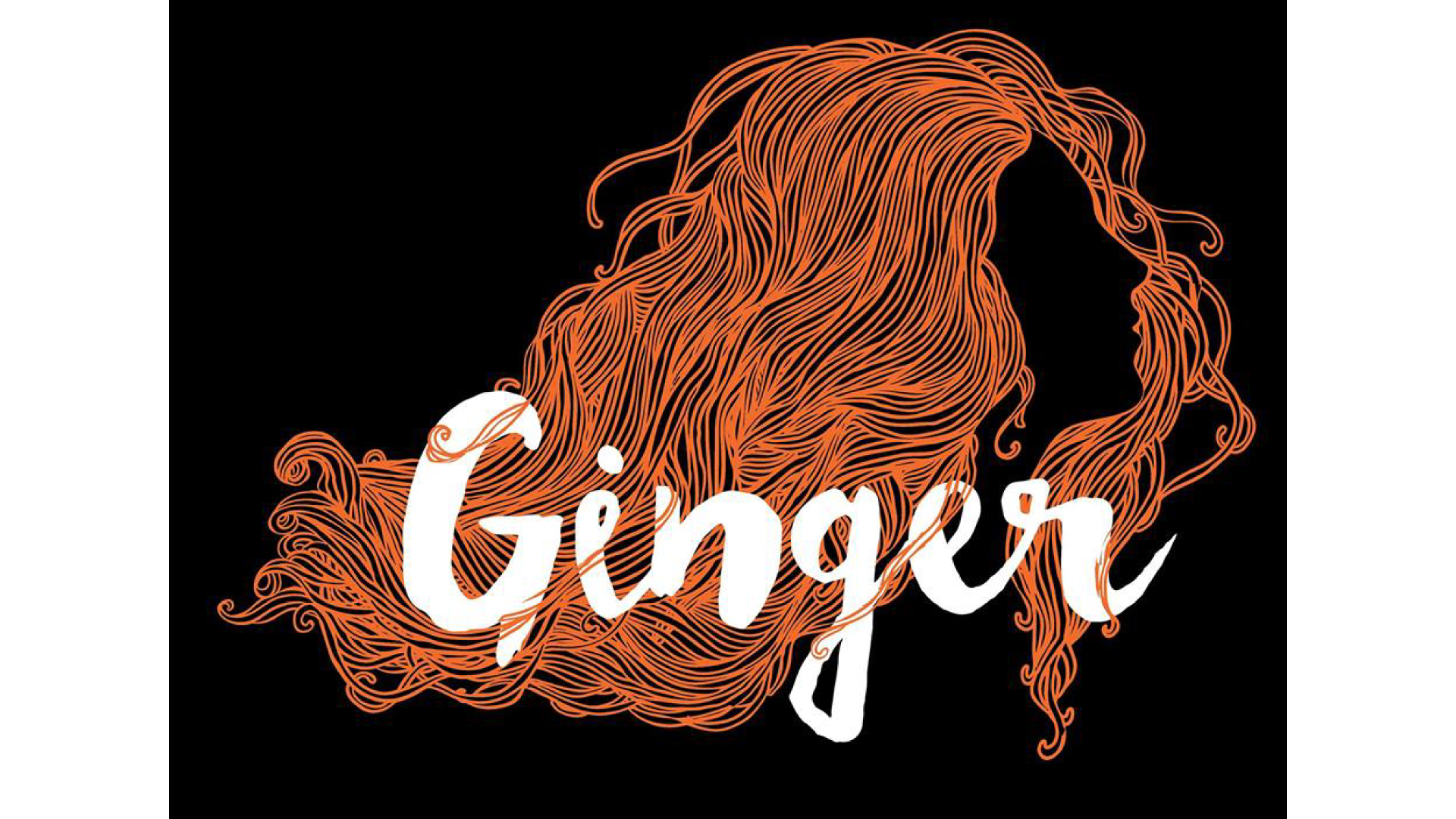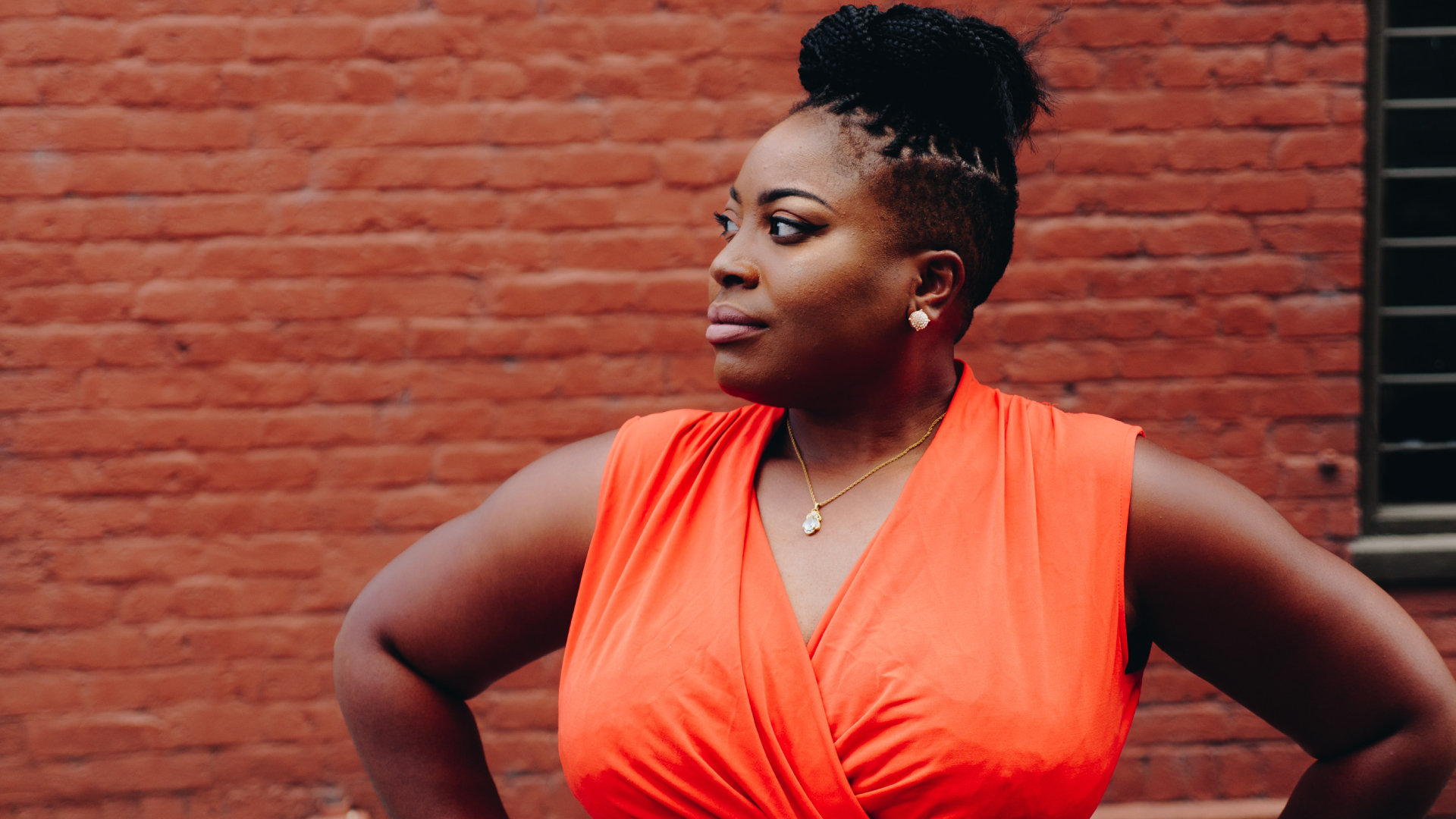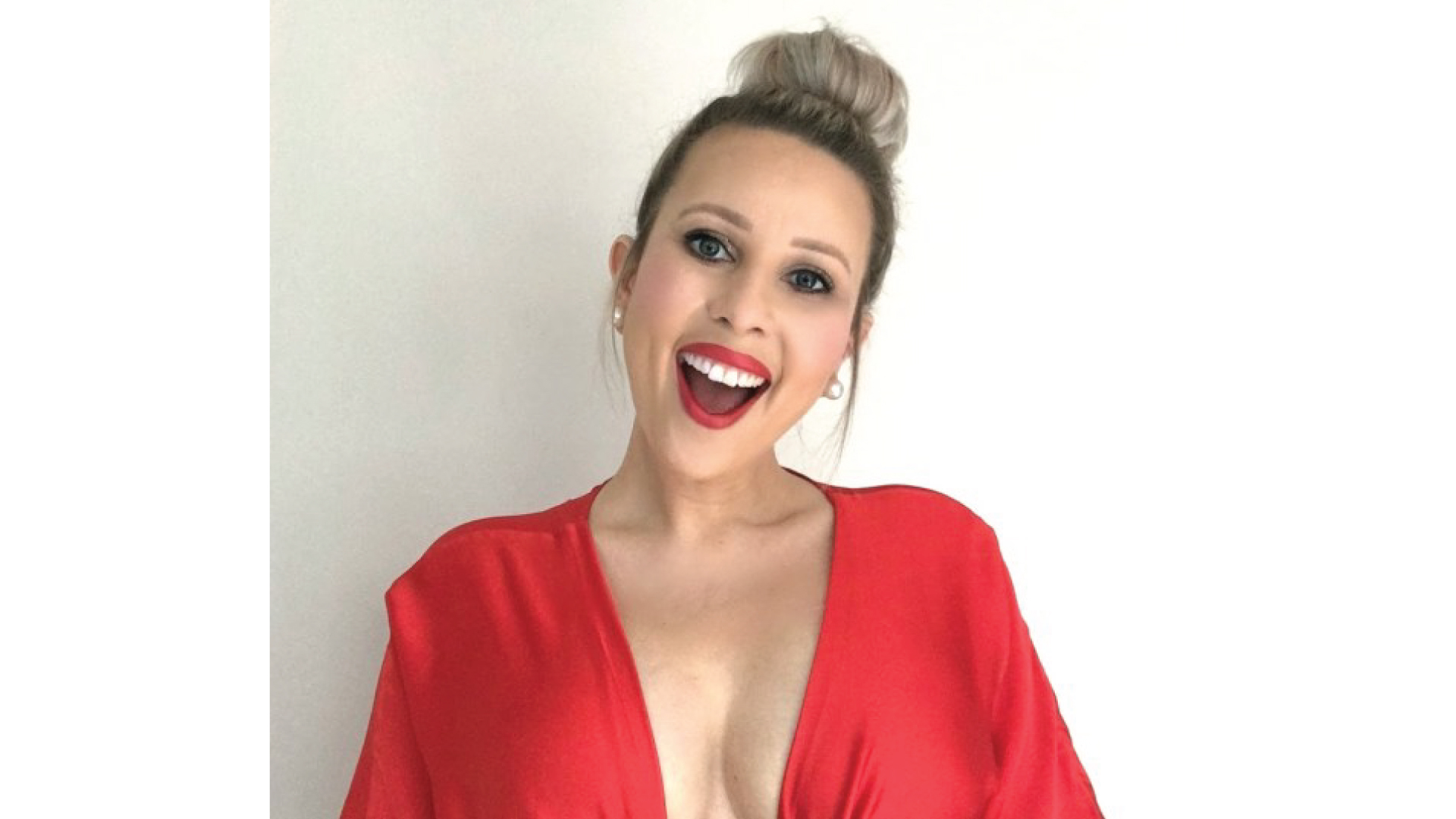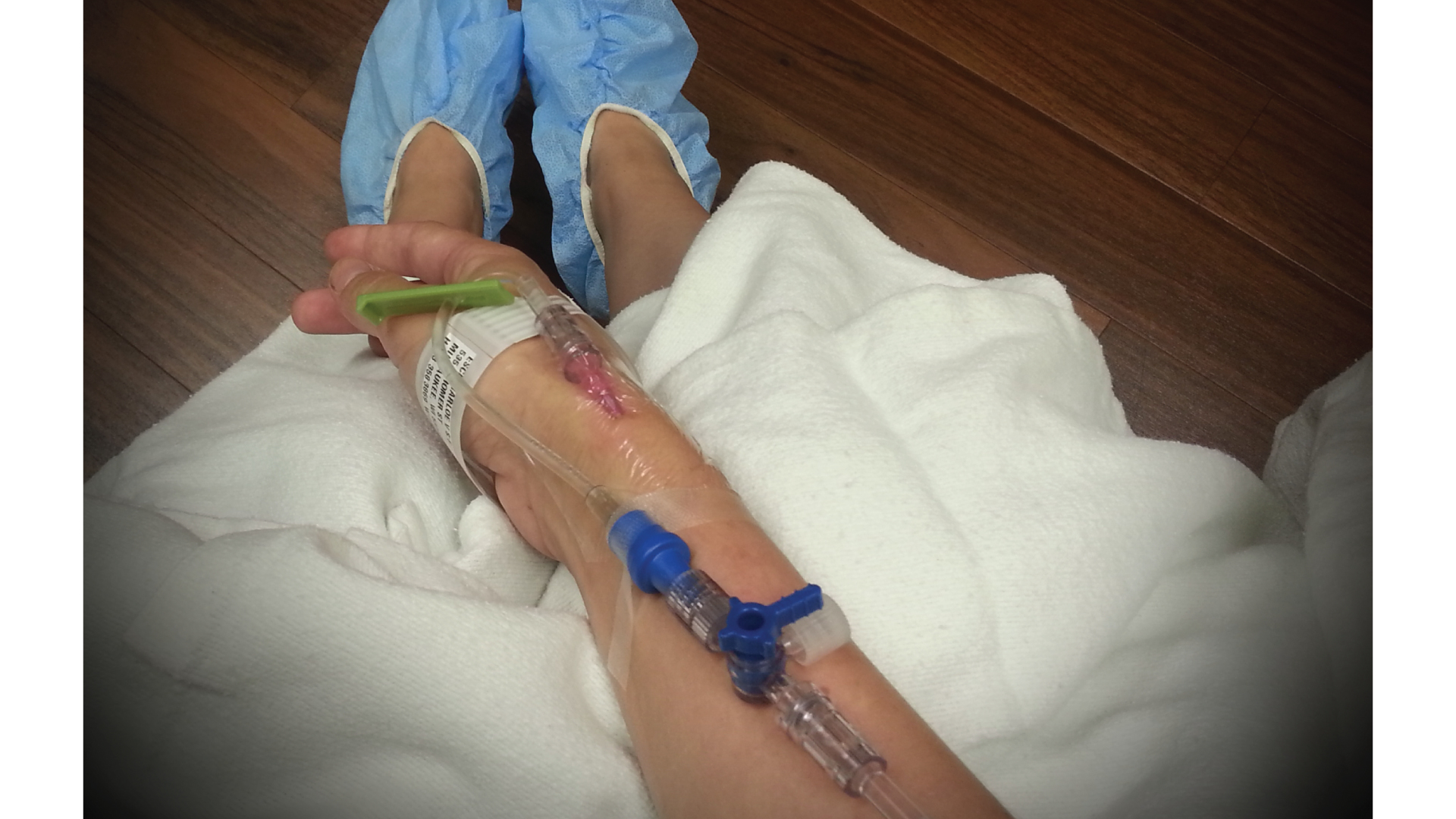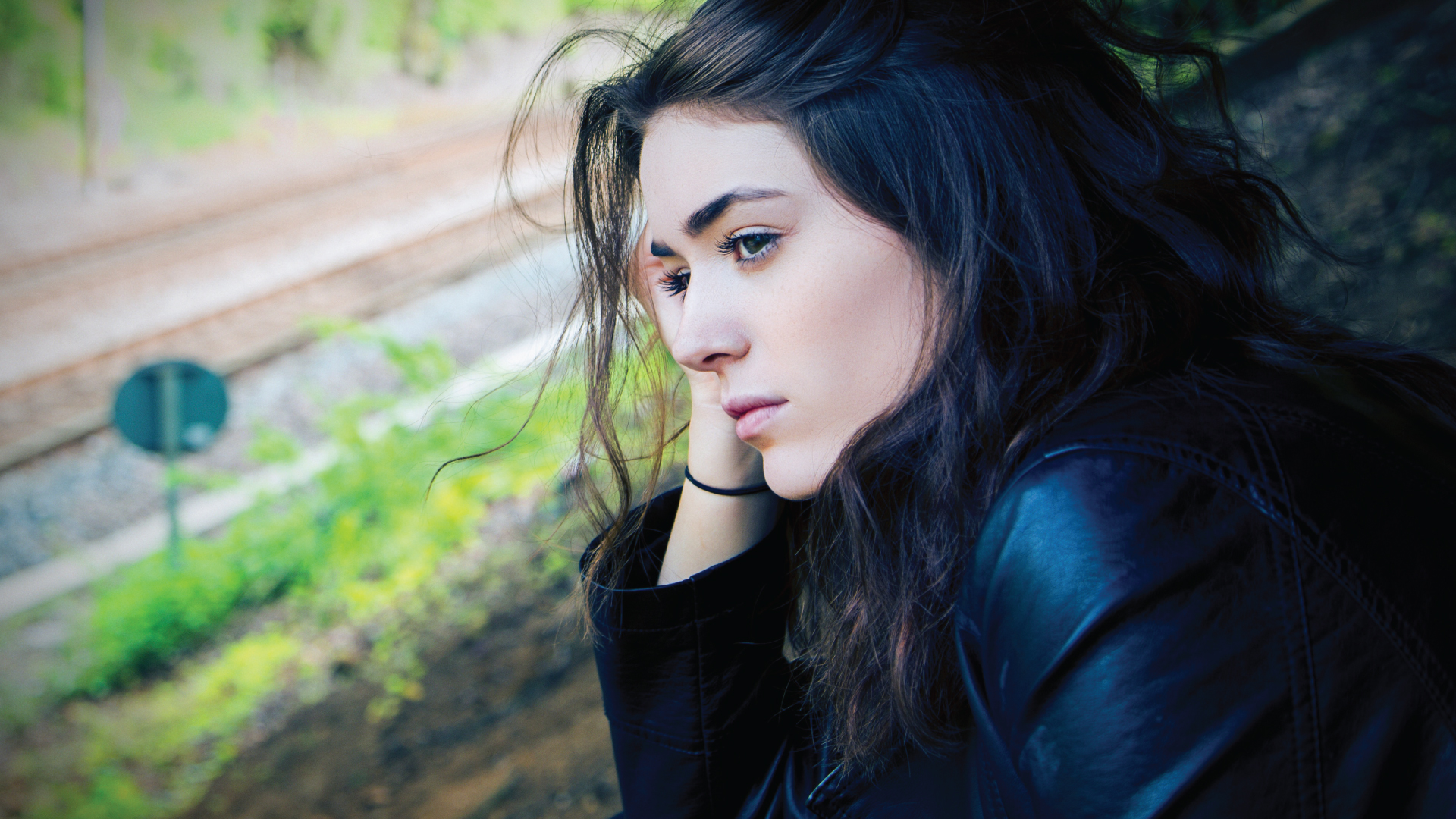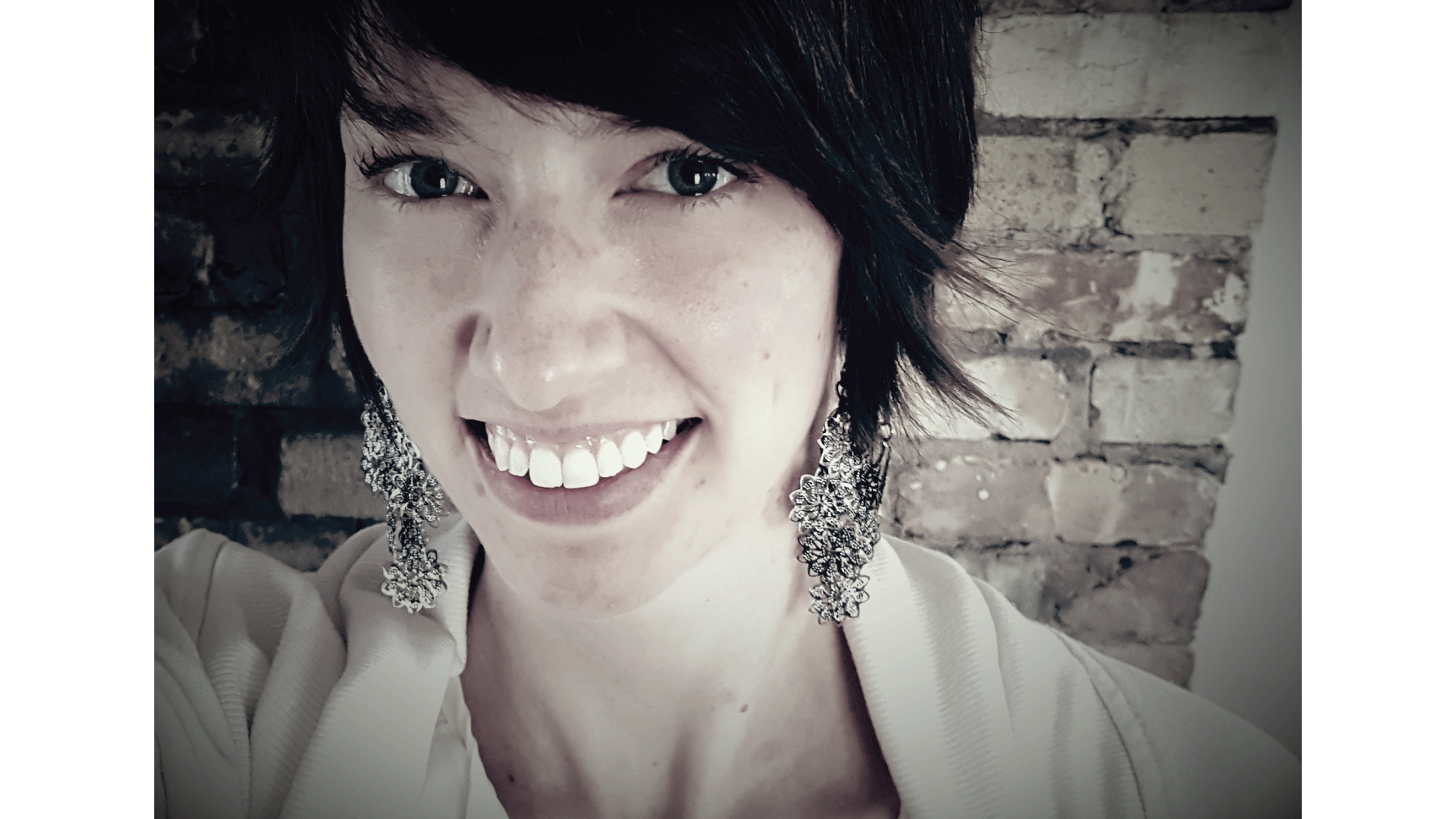This world is troubling on so many levels. I can typically handle one thing at a time but not a total shitstorm within two days. I will go ahead and warn this piece will talk about race in relation to cancer.
Believe it or not, race plays a part in the cancer experience. I’ve dealt with many nurses, staff at cancer support communities and fellow warriors in online support groups who automatically assume since I’m black that I must have triple negative breast cancer. They have sometimes talked down to me.
No, this is not my imagination. This is not me being overly sensitive.
I blogged about this particular incident when I first started my blog in November 2017. It’s worth repeating. Some will innately get the insult and frustration. Others will not see why it was a big deal. All I can do is speak my truth.
It was almost a month after I started chemo in October 2015. I decided I needed help processing what was happening. I’ve always been a big supporter of therapy and support groups. I’m a talker and like to talk things out. At that time, I didn’t know any other 39-year old’s going through this. I needed support.
I went to the Cancer Support Community in Atlanta, GA. In order to join a group, there is an intake session with one of the staff members. I had spoken with her on the phone and was really looking forward to meeting her. I was already fatigued, nauseous and had worked a full day by the time I arrived. I was expecting to feel relaxed and heard.
The woman, who was white, gave me paperwork to fill out. Once done, I handed it to her, and she reviewed. This is where my frustration begins.
She asked, “Are you sure you’re not triple negative?” I was puzzled by the question. I knew what my diagnosis was, and it was stage IIA invasive lobular breast cancer. Maybe she couldn’t read my writing, even though my writing is very neat and specific.
She asked again, “I just want to double check. Are you sure you’re not triple negative?”
This time I was annoyed and responded back sharply, “No, I wrote my diagnosis. Why are you questioning my answer?”
She said, “Well, most African American women who get breast cancer are triple negative. It’s very prevalent in your ethnic group.”
Now, her questions would’ve have been appropriate if I didn’t know my diagnosis or specifically asked about what type (s) of cancers are prevalent in the black community.
Only, I specifically wrote my diagnosis and verbally told her what I had, yet she still questioned me like I didn’t have a clue of what I was talking about.
It was that moment I realized she didn’t see me as a cancer patient. She saw me as a BLACK cancer patient. Understand the distinction?
Every question from that point was about race. I was there to talk about cancer and not the black experience. I left shortly after that exchange.
Cancer does not discriminate, so why was she?
Let’s fast forward to today.
Many cancer patients, whether in active or post treatment, spend much of their time going to the pharmacy to pick up medication. This pharmacy doesn’t have a drive thru. I was at Target. I needed to pick up my refill of the arthritis medicine. Yes, I have arthritis in my knees and hands. That’s a story for another day.
Though I was only there to pick up my medication, I got a cart to lean on since my fibromyalgia pain is a 12 today. There was a line and no place to sit down.
There was a white mother and her young son in front of me acting up.
She said, “See this BLACK woman? If you don’t hush, she’s going to hit you with her cart.” The kid starts crying. I’m speechless. I saw first-hand how racism is taught.
Now that little boy will associate black/brown women as harmful, cruel and punishing.
I was paralyzed and slowly backed away and went to another part of the store for a bit before circling back to get my meds. Keep in mind, there was a white woman behind me who witnessed this whole thing. She was conveniently looking down at her cart, not wanting to get involved.
I’ve experienced lots of racism but never in front of an impressionable child where a mother is saying because of my skin color that I would hurt her child.
I’ve even had the same thing said to me at a different pharmacy but that white woman said, “See THIS woman? If you don’t be quiet, she’s going to hit you with her cart.” That happened earlier this year.
What is it about threatening kids with carts?
I did say something in that instance, and she did a double take when I said it was not okay to say that.
This time was different because this white woman specifically mentioned my skin color. That’s why I felt paralyzed.
I posted this incident on my social media this afternoon. I received many comments of my friends, many white, saying they would’ve stuck up for me and said something to that racist woman. If I were a white woman, I think I would’ve said something.
As a woman of color, I knew to keep my mouth shut and walk away. There is no reasoning with people who have that mindset of hate.
Until next time,
Warrior Megsie
Megan-Claire Chase is a three-year breast cancer survivor in Atlanta, GA. She is a marketing project manager by day. In her spare time, she writes a blog called Life On The Cancer Train at www.warriormegsie.com and is a published cancer blogger for Lacuna Loft, IHadCancer.com, CancerBro, Humor Beats Cancer, GRYT Health, WILDFIRE Magazine and Rethink Breast Cancer just to name a few. One of her biggest achievements in 2019 was co-presenting an abstract on AYA perspectives on fertility preservation conversations with healthcare providers at the American Psychosocial Oncology Society (APOS) conference in Atlanta. She also has cat named Nathan Edgar who is her pride and joy.
This piece was first published at WarriorMegsie.com.



